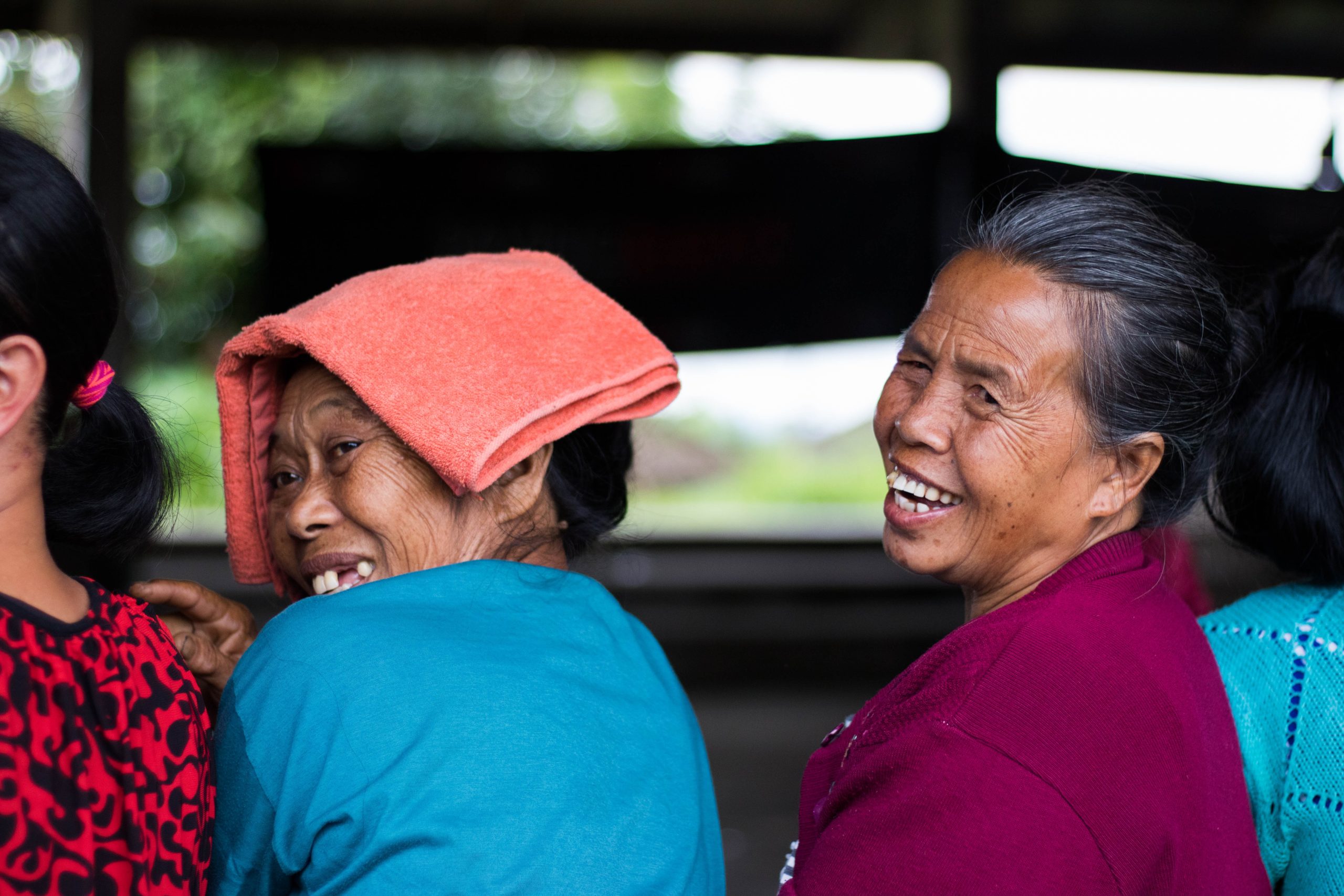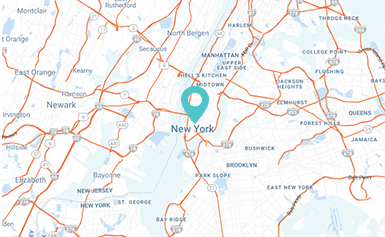Traveler’s Guide to Indonesian Customs Restrictions
Indonesia is a vibrant and diverse country, known for its stunning landscapes, rich culture, and warm hospitality. When visiting Indonesia, it’s essential to be aware of the Indonesian customs restrictions in place to ensure a smooth and enjoyable journey. This guide by Green Sun Travel will help you understand what you can and cannot bring into Indonesia, so you can have a hassle-free trip.
Indonesian customs restrictions
Duty-Free Allowances:
Indonesia’s duty-free allowances are put in place to facilitate the entry of travelers while ensuring that they comply with specific guidelines. These allowances are designed to accommodate personal items and small quantities of tobacco, alcohol, and gifts without incurring import duties. Here’s a closer look at each aspect of these allowances:
a. Personal items, such as clothing and toiletries:
- Travelers are generally allowed to bring their personal clothing and toiletries without incurring any duty or taxes. These items are considered for personal use and not for resale.
b. Tobacco: Up to 200 cigarettes or 25 cigars or 100 grams of tobacco:
- Travelers can bring a limited quantity of tobacco products into Indonesia duty-free. This allowance includes up to 200 cigarettes, 25 cigars, or 100 grams of loose tobacco.
c. Alcohol: Up to 1 liter of alcoholic beverages:
- Visitors can bring up to 1 liter of alcoholic beverages without being subject to import duties. This can include a bottle of wine, spirits, or other alcoholic drinks for personal consumption.
d. Gifts: Gifts with a total value of up to IDR 1,000,000 per passenger:
- Travelers can bring gifts with a total value of up to IDR 1,000,000 per passenger into Indonesia without having to pay import duties. These gifts are intended for friends, family, or personal acquaintances and should be within this designated value limit.

Prohibited Items:
Indonesian customs restrictions on prohibited items are primarily aimed at safeguarding the nation’s environment, culture, and public health. Understanding and adhering to these restrictions is crucial to ensure the country’s welfare and to prevent any legal consequences for travelers. Here’s a detailed explanation of the items that are prohibited from entry:
a. Narcotics and illegal drugs:
- Indonesia has a zero-tolerance policy for narcotics and illegal drugs. The possession, trafficking, or use of any form of illegal drugs is strictly prohibited and is met with severe legal penalties, including lengthy prison sentences or even the death penalty for certain offenses.
b. Weapons and firearms:
- Bringing firearms, ammunition, or explosive materials into Indonesia is strictly forbidden. Such items can pose significant risks to public safety and security, and their importation is strictly controlled and regulated by Indonesian law.
c. Pornographic materials:
- Explicit or pornographic content is illegal in Indonesia. Any materials of this nature, including magazines, videos, or digital media, are subject to confiscation and may lead to legal consequences for those found in possession of them.
d. Items that may harm the environment:
- Indonesia takes its environmental protection seriously. Items made from endangered species, coral, or turtle shells, which can contribute to habitat destruction and species endangerment, are strictly prohibited from importation.
e. Any items that may disrupt public order or national security:
- Any items that have the potential to disrupt public order or pose threats to national security, such as propaganda materials or certain political items, are not allowed to be brought into the country.
In summary, by adhering to these duty-free allowances and understanding the prohibited items, travelers can ensure a smooth entry into Indonesia while respecting the country’s laws and regulations. Always stay informed about the latest customs guidelines to ensure a trouble-free and enjoyable visit to this diverse and culturally rich nation.
Restricted Items:
a. Medications:
- Some medications may require special permits or documentation when entering Indonesia. It’s advisable to check in advance whether the medications you are carrying are subject to any restrictions. Certain medications may need a doctor’s prescription or a statement from relevant Indonesian authorities to ensure that they are for personal medical use and not for illicit purposes.
b. Plants and plant-based products:
- The importation of agricultural items, seeds, and certain plants into Indonesia is regulated to prevent the spread of pests and diseases. Travelers planning to bring such items should be aware that they may require permits or inspections to ensure they do not pose any threats to the local ecosystem.
c. Electronics and communication equipment:
- To prevent potential interference with local communication networks, travelers are advised to ensure that their electronic devices and communication equipment comply with Indonesian regulations. It is essential to have your electronic devices registered with customs to avoid any issues upon entry.
Currency Restrictions:

Indonesian customs restrictions maintain strict regulations on the amount of currency that travelers can bring into the country. Travelers are required to declare any amount exceeding IDR 100,000,000 or its equivalent in foreign currency upon arrival. Failure to declare large sums of money can result in confiscation of the funds and may lead to legal penalties. It’s essential to be aware of this limit and declare any large sums of currency upon entry to avoid complications.
Cultural Artifacts:
Exporting or buying cultural artifacts, antiques, or historical items without the proper permits is illegal in Indonesia. The country takes its cultural heritage preservation seriously, and travelers should ensure they have the required documentation if they plan to purchase or transport such items. This documentation typically includes permits from relevant authorities or government agencies, and travelers should verify the necessary paperwork before attempting to buy or export cultural artifacts.
Food and Agricultural Products:
Importation of food items into Indonesia is subject to inspection by Indonesian authorities. Travelers should be cautious when bringing in items like meat, dairy products, and other perishable goods, as they may be subject to quarantine and health checks. It is recommended to check the specific regulations regarding food and agricultural products in advance to avoid any complications upon entry.
Other Considerations:
- Always have your passport, visa, and relevant travel documents readily available for inspection upon arrival in Indonesia. Ensuring your documents are organized and easily accessible can help facilitate the customs clearance process.
- Make a list of the items you are carrying, including their approximate value, to facilitate the customs declaration process. Having a detailed list can help customs officials verify the contents of your luggage and ensure that you are complying with the rules and regulations.
- Be patient and respectful when dealing with customs officials, as this will make your entry into Indonesia smoother. Courteous behavior and cooperation can go a long way in ensuring a positive interaction with customs authorities and a hassle-free experience during your visit to Indonesia.
Conclusion
Indonesia, with its diverse culture and breathtaking landscapes, offers travelers a unique and enriching experience. To make the most of your visit, it’s crucial to be well-informed about the Indonesian customs restrictions and regulations. This comprehensive guide has walked you through the various aspects of Indonesian customs, from duty-free allowances to prohibited and restricted items, currency regulations, and practical tips for a seamless entry.
By respecting these regulations, you not only ensure your compliance with Indonesian law but also contribute to the preservation of the country’s environment and cultural heritage. Travelers are encouraged to stay updated on the latest customs guidelines, as regulations can change over time.
Remember to be patient and courteous when interacting with customs officials, as this can significantly impact your entry into Indonesia. Having your passport, visa, and relevant travel documents readily available, as well as a list of the items you’re carrying, will make the customs declaration process smoother.
With a clear understanding of Indonesian customs restrictions and a commitment to respecting them, you can embark on your journey with confidence, knowing you’ll have an unforgettable and trouble-free experience exploring the beauty and culture of Indonesia.








Meilleur code de parrainage Binance
Thank you for your sharing. I am worried that I lack creative ideas. It is your article that makes me full of hope. Thank you. But, I have a question, can you help me?
April 19, 2024 at 6:29 pm